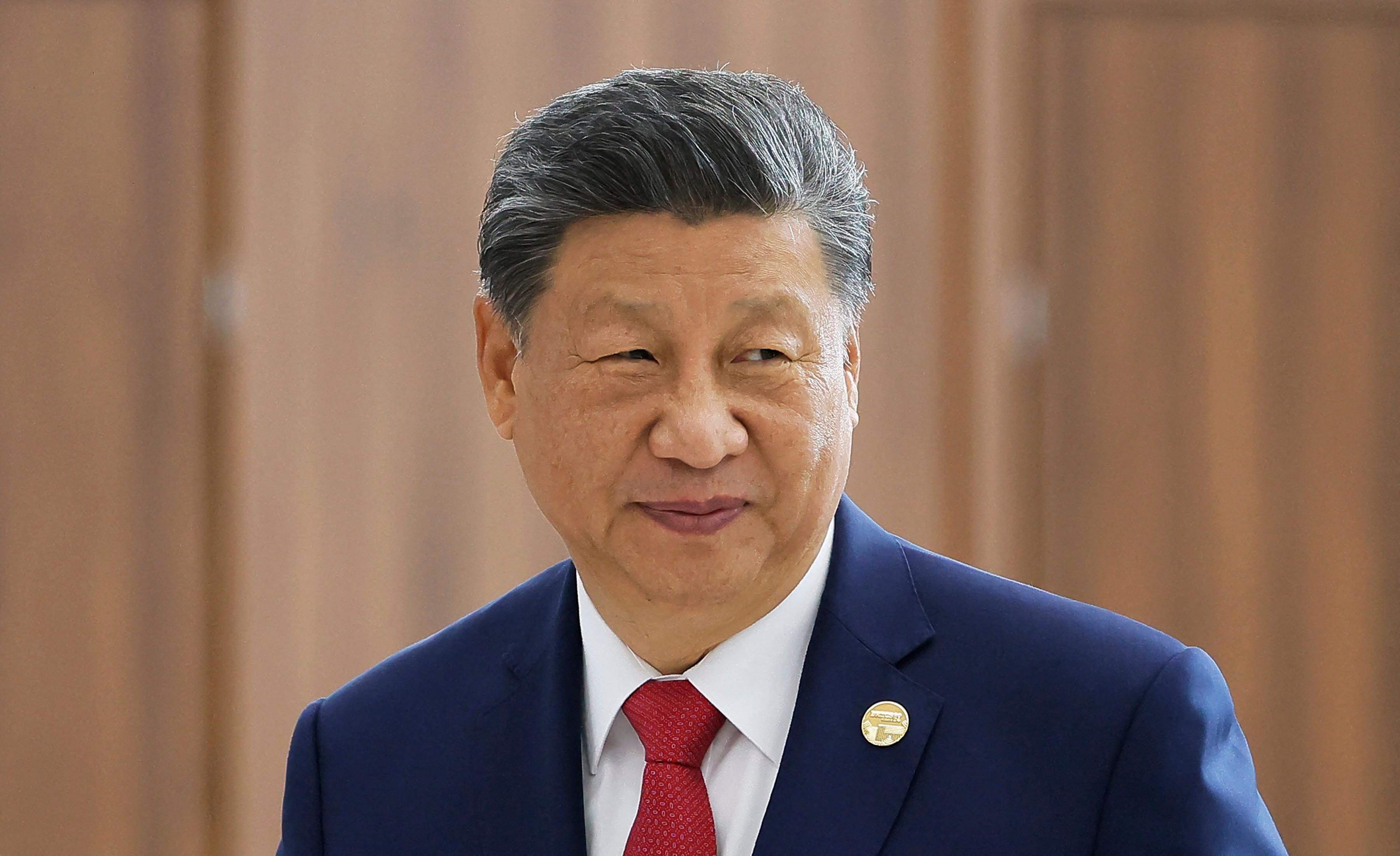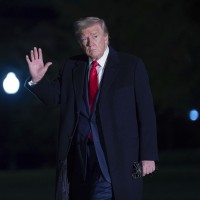China Must Overcome AI Chip Hurdles - Xi Jinping

President Xi Jinping has called on China to "overcome" key technological hurdles in developing core artificial intelligence (AI) components, including high-end chips, as Beijing pushes to become a global leader in the rapidly evolving AI sector, state media reported on Saturday.
China has long aimed to dominate the global AI landscape. However, that ambition has been complicated by its ongoing trade tensions with the United States, which have curtailed access to critical technologies.
The world’s two largest economies remain locked in an intensifying trade war, initially sparked by tariffs imposed by then-US President Donald Trump. Many Chinese goods now face duties of up to 145 percent, while Beijing has retaliated with tariffs as high as 125 percent on American imports.
In this context, Xi emphasized the importance of bolstering innovation. “We must continue to strengthen basic research, concentrate efforts on overcoming key technological bottlenecks—such as advanced chips and core software—and build an autonomous AI ecosystem,” he said during a quarterly Politburo meeting, according to Xinhua News Agency.
The call for technological self-reliance comes as generative AI models, such as ChatGPT, have rapidly proliferated in both the United States and China since late 2022. Chinese startups, including DeepSeek, have made headlines with competitive offerings like the R1 chatbot, which rivals Western counterparts at significantly lower cost.
Despite such advancements, Xi acknowledged on Friday that China still faces "significant gaps" in its AI capabilities. He underscored the need to “promote self-reliance” and encouraged comprehensive policy support—including measures related to intellectual property rights, taxation, public procurement, and infrastructure development.
The United States, under both Trump and President Joe Biden, has imposed strict export controls on advanced semiconductors used in AI, citing national security concerns. These restrictions have particularly affected American chipmakers Nvidia and AMD, which have warned of negative impacts on their business in China.
Nvidia CEO Jensen Huang visited Beijing this month and expressed his willingness to remain engaged in the Chinese market, reportedly stating his desire to "continue to plough deeply into the Chinese market and play a positive role in promoting US-China trade cooperation," according to Xinhua.
While Washington says the chip controls are designed to prevent the development of Chinese military applications, they also serve to safeguard US technological dominance.
Meanwhile, China’s growing AI capabilities have sparked concerns among several countries regarding data privacy and the potential transfer of sensitive personal information to Chinese authorities.





CHINA-JIUQUAN-SHENZHOU-20-PRESS+CONFERENCE+(CN)XxjpbeE007070_20250423_PEPFN0A001.jpg)









v.jpg)
तपाईको प्रतिक्रिया दिनुहोस